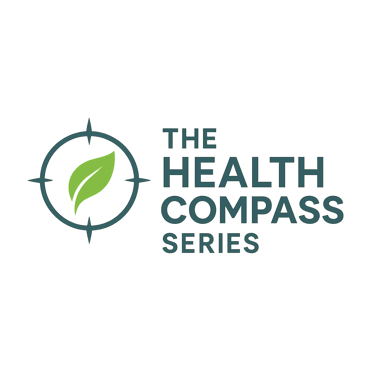When the Experts Disagree: What Should You Really Eat for Health?
If you've been diagnosed with a serious health condition — or are caring for someone who has — one of the first questions that arises is simple but urgent: “What should I eat?” But the answers you’ll find aren’t always simple — or consistent.
Bryan Cook
7/25/20252 min read


If you or someone you care for is living with a serious health condition, one of the first questions that naturally arises is:
“What should I eat?”
It sounds straightforward — but the advice you’ll encounter is anything but.
A Maze of Contradictory Advice
Search online for diet advice around chronic illness and you’ll quickly find yourself swimming in conflicting messages:
“Go plant-based,” says one source.
“Cut out all carbs,” insists another.
Some promote juicing, fasting, or raw food.
Others warn against anything “too extreme” and say, “Just eat a balanced diet.”
Even healthcare professionals don’t always give consistent guidance. Some downplay the role of nutrition, while others highlight potential risks or benefits of certain foods. Add in endless books, blogs, and influencers — all claiming their way is the right way — and it’s no wonder people feel overwhelmed.
Why So Much Confusion?
There are a few key reasons why nutrition advice can feel so contradictory:
Nutrition science is complex. Human studies take time, and results often vary.
Health conditions differ. What works for one person may not be right for another.
Research moves slowly. By the time findings are published, they may already be limited or outdated.
Healthcare training may be patchy. Many clinicians receive limited education in nutrition.
Ideology plays a part. Some dietary advocates are passionate about their method and dismiss others.
So What Can You Do? While there may never be a single “best diet,” there are clear, evidence-informed principles that can help anyone looking to support their health:
Limit ultra-processed foods. They offer little nutrition and may add unnecessary strain on the body.
Prioritise nutrient density. Think colourful vegetables, quality protein, healthy fats, and fermented foods.
Support gut health. A diverse microbiome is key for resilience and overall wellbeing.
Check for deficiencies. Common shortfalls include vitamin D, B12, magnesium, and omega-3s.
Listen to your body. Energy, digestion, sleep, and mood can all provide valuable feedback.
Finding Your Path
The Health Compass series was created to cut through the noise. Our guides don’t offer miracle cures or “one true diet.” Instead, we provide clear, structured tools to help you:
Understand what the science really says (and where it doesn’t yet have answers)
Weigh up different approaches, from plant-based eating to low-carb patterns
Align food choices with your personal situation, values, and lifestyle
Take practical steps without feeling restricted or confused
You’re Not Alone
If you feel uncertain about what to eat while managing a serious health condition, it’s not because you’ve done anything wrong — it’s because the information out there can be overwhelming. With the right guidance, you can cut through the confusion, make informed choices, and feel more confident in your everyday decisions.
👉 Explore The Health Compass guides today and take your first step toward clarity, confidence, and better nutrition.
Knowledge is power
© 2025. All rights reserved Dexter Fortune Publishing. Educational content only · Not medical advice
